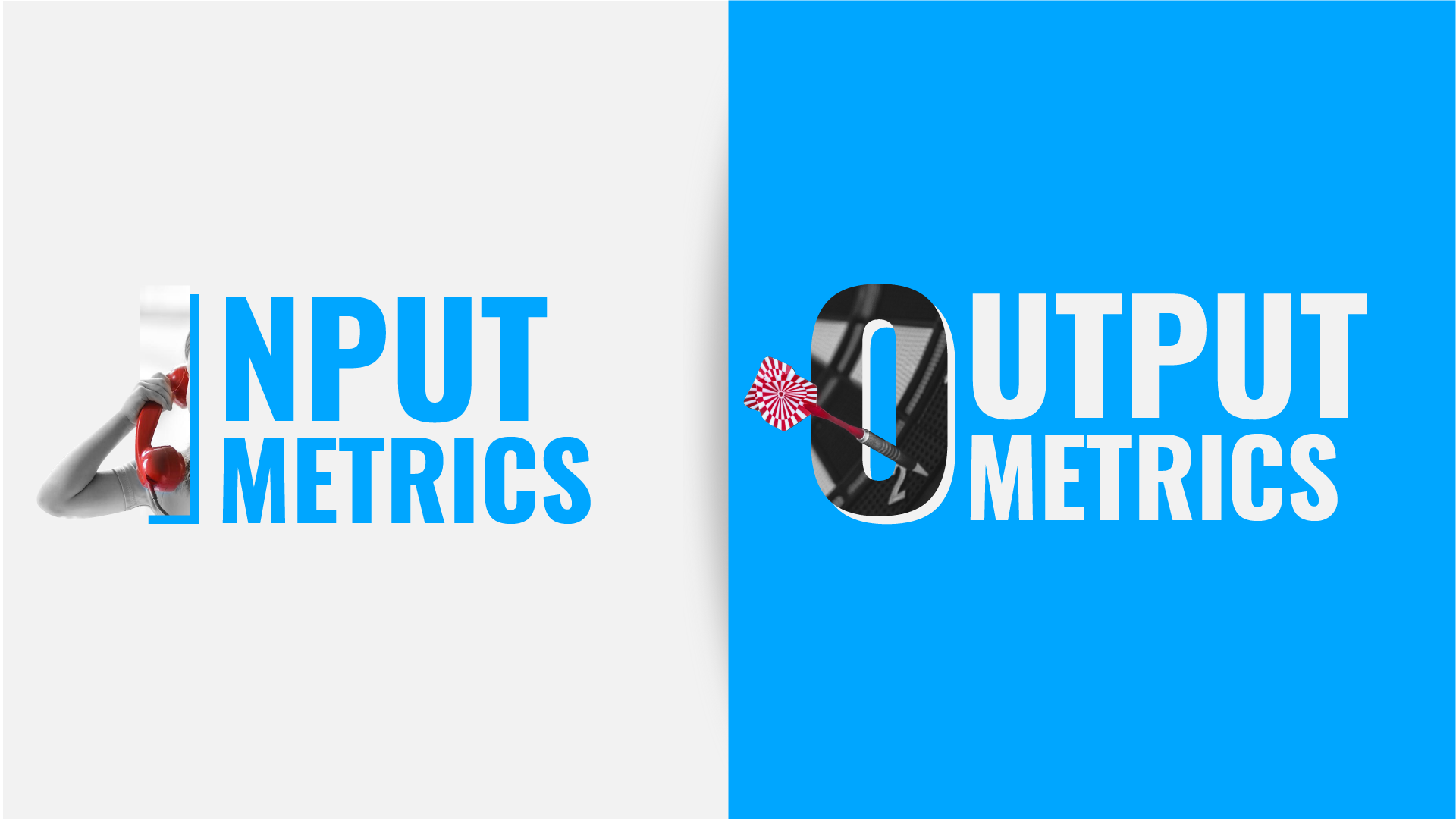In my third blog on how to improve your juggling abilities, I want to talk about tracking progress. As you may know, I’m a big proponent of dashboards because they tell a story at a glance. In fact, I provide custom financial dashboards to each of my clients, giving them meaningful metrics based on their business. Obviously, financial data is important to keep track of, but what else can you create dashboards for that will afford you at-a-glance information about your business or your life?
3 types of business dashboard
-
Accounting dashboards
many accounting products have built-in automated dashboards so you know your income versus expenditures per month, the number of invoices you’ve sent, accounts aging reports, and other information.
-
Sales dashboards
Sales dashboards provide great insight into which products or services are more successful, bookings versus quotas, customer behavior, and more. Large businesses use sales dashboards all the time, but entrepreneurs may rely on their memory and lose the benefit of having data to analyze. Salesforce.com and other CRM systems can create these dashboards.
-
Productivity dashboards
Another benefit of a dashboard is to track the amount of time you or your staff are spending on tasks. This can help you determine if your pricing strategy is appropriate, or if you need to improve efficiencies.
Many business problems can be solved using the insight of a dashboard. The insight provided will help you keep your priorities straight—and even move the needle on the dashboard. The web has a variety of great tools available to help you create your own, including NetVibes, which claims to dashboard everything. I’d love to hear about your business dashboards! Let me know what dashboards you find more important to your business. Read other Daily Habits’ posts:


